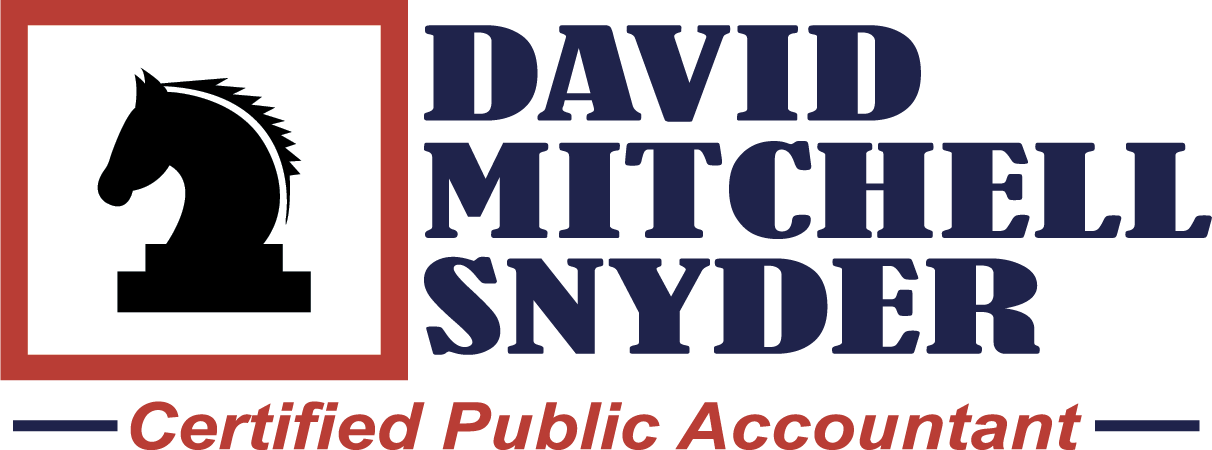Recent IRS Developments

Recent IRS Developments:
Keeping You Informed in these Uncertain Times
I. Payment and Filing Deadline Postponed to July 15, 2020
II. IRS People First Initiative
III. Stimulus Checks
I. Don’t think the Corona Virus is serious? Think again, the IRS has moved the tax filing deadline and payment date to July 15th for the first time ever!
A brief history of our income tax filing: The original filing deadline for individuals was March 1 in 1913 (the first year of a federal income tax) and was changed to March 15 in 1918 and again to April 15 in 1955. Since 1955, for those living in the United States, Tax Day has typically fallen on April 15. If the 15th falls on a Saturday, Sunday or holiday, the first succeeding day that is not a Saturday, Sunday or holiday is the deadline.
Fast forward to today: the federal income tax filing due date is automatically extended from April 15, 2020, to July 15, 2020. Taxpayers can also defer federal income tax payments due on April 15, 2020, to July 15, 2020, without penalties and interest. This deferment applies to all taxpayers, including individuals, trusts and estates, corporations and other non-corporate tax filers as well as those who pay self-employment tax.
Taxpayers do not need to file any additional forms or call the IRS to qualify for this automatic federal tax filing and payment relief.
The IRS urges taxpayers who are due a refund to file as soon as possible. Most tax refunds are still being issued within 21 days.
II. Hot off the press: the IRS has instituted a “People First Initiative”. (Don’t laugh!) Highlights of the key actions in the IRS People First Initiative include:
- Existing Installment Agreements –For taxpayers under an existing Installment Agreement, payments due between April 1 and July 15, 2020 are suspended. Furthermore, the IRS will not default any Installment Agreements during this period. By law, interest will continue to accrue on any unpaid balances.
- Non-Filers –The IRS reminds people who have not filed their return for tax years before 2019 that they should file their delinquent returns. More than 1 million households that haven’t filed tax returns during the last three years are owed refunds; they still have time to claim these refunds. Many should consider contacting a tax professional to consider various available options since the time to receive such refunds is limited by statute.
- Field Collection Activities – Liens and levies (including any seizures of a personal residence) initiated by field revenue officers will be suspended during this period. However, field revenue officers will continue to pursue high-income non-filers and perform other similar activities where warranted.
- Automated Liens and Levies – New automatic, systemic liens and levies will be suspended during this period.
III. Stimulus Payment Checks
Who qualifies for a stimulus payment check?
Filing Status AGI Threshold Amount
Single & MFS $75,000 a year or less $1,200
MFJ $150,000 a year or less $2,400
Heads of household $112,500 a year or less $1,200
An additional $500 per child under 16 will be paid out.
Check amounts will be reduced by $5 for every $100 in AGI above the AGI threshold.
You need a Social Security number to qualify for a relief check and a 2018 or 2019 tax return filed.
The checks will be sent via direct deposit if you’ve already provided the IRS with your bank account information on your tax return.
If the IRS doesn’t have your direct deposit info, you will get a check in the mail.
People will start receiving relief checks, or direct deposits, within three weeks, according to Treasury Secretary Steve Mnuchin. Some experts, though, say that is unrealistic and that it could take much longer. You think?
Best Luck and please stay safe!
David M. Snyder, CPA
